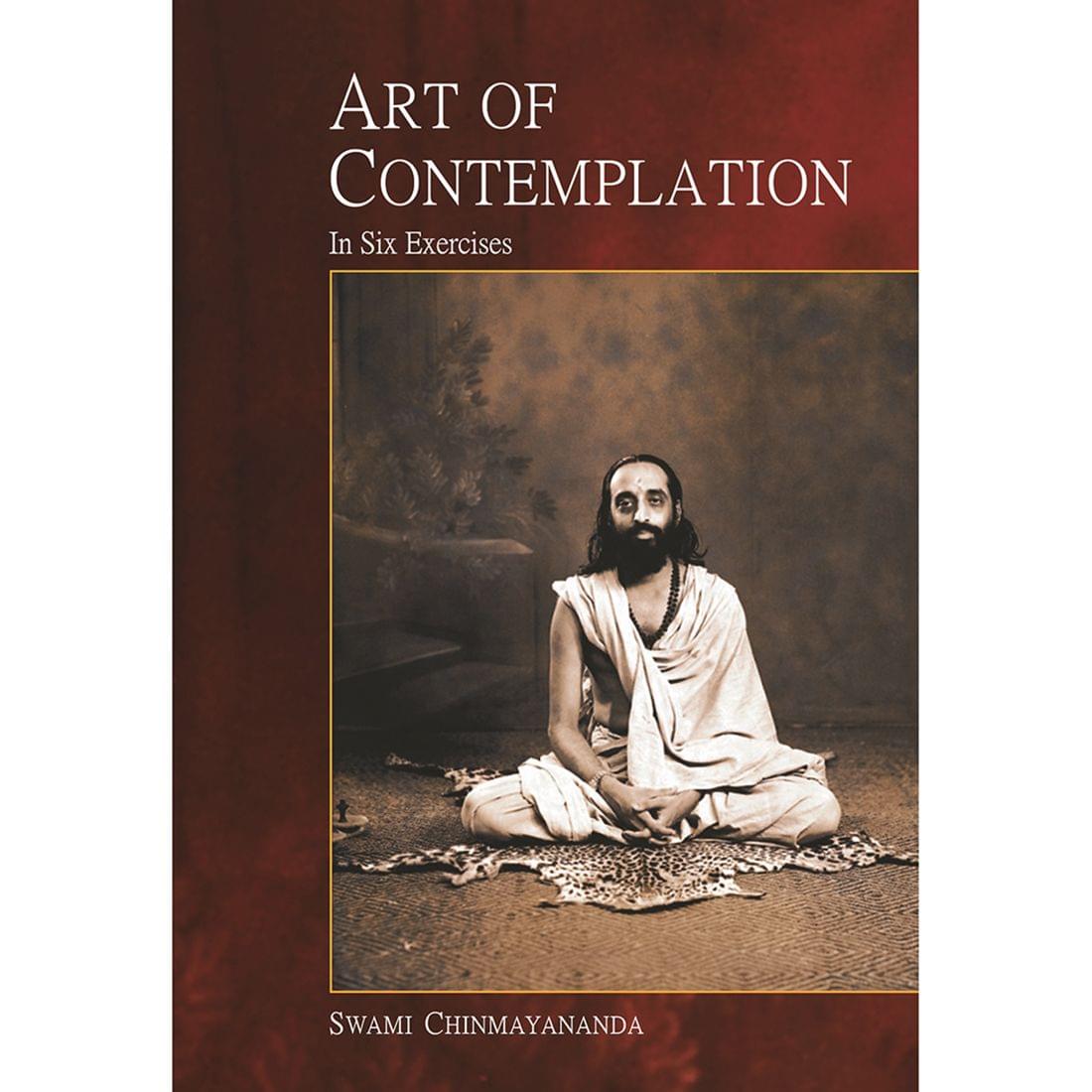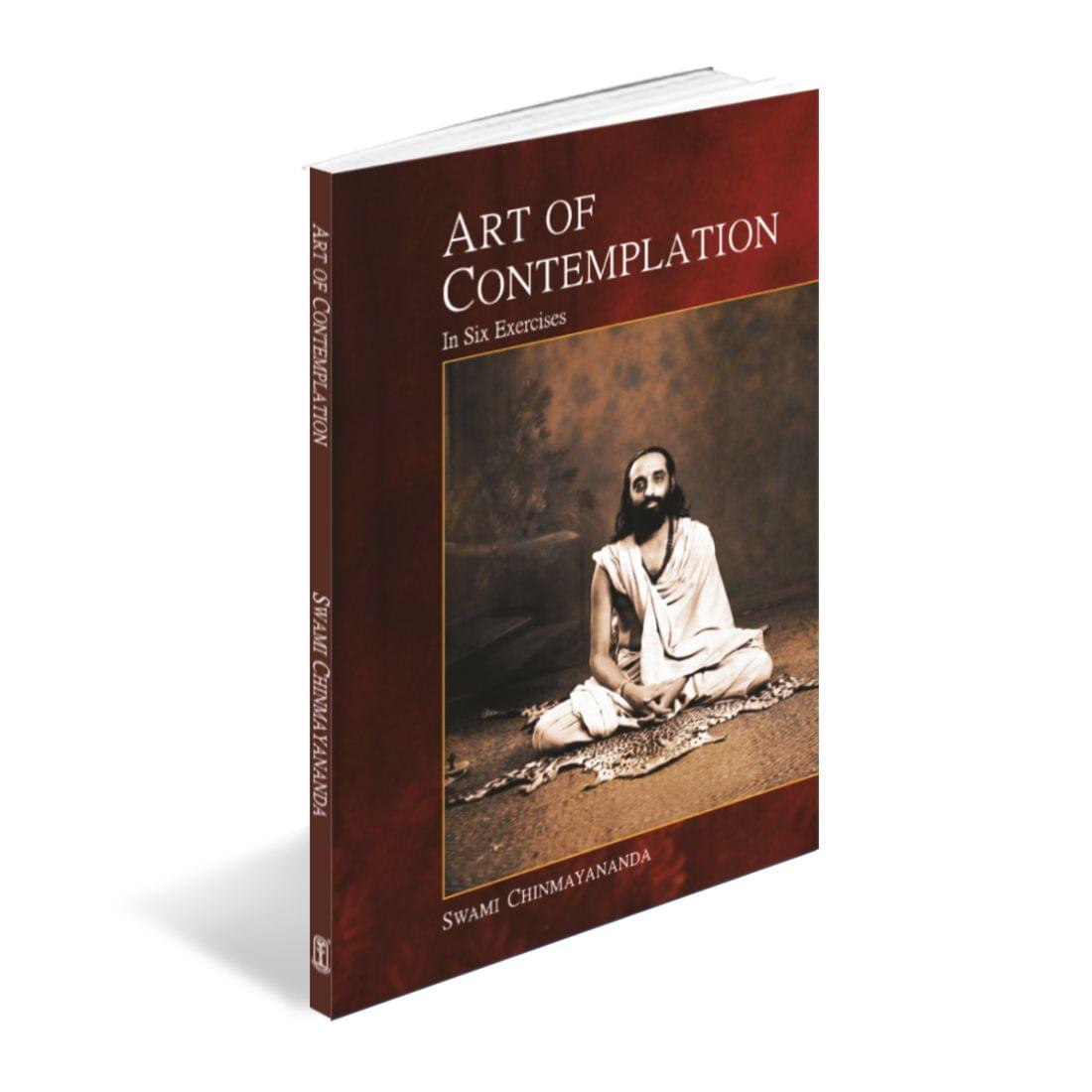Swami Chinmayananda
Art of Contemplation is backordered and will ship as soon as it is back in stock.
Couldn't load pickup availability
Make a bulk order enquiry
Product Description

Inspiring Right Living

Rooted in Wisdom

An Offering of Love

Product of Bharat
Product Description
How does one control and quieten the mind? How does one relieve the mind from tension and stress and take it to a state of joy and peace? How do we break free from our sense of limitation and fear?
In the "Art of Contemplation", Swami Chinmayananda answers all these questions and gives six simple exercises which, if practised regularly, would enable us to control, quieten and free the mind.
Swamiji talks on how the body must first be quietened, how to start chanting the mantra, the various methods of chanting, how to witness the body and the mind, how to get rid of negative emotions and finally how to reach the state of completeness - the absolute peace and happiness.














